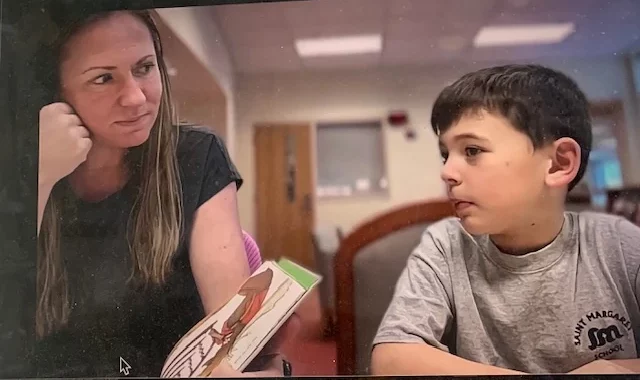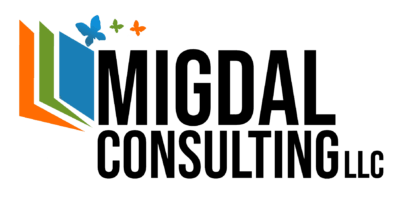Special Education Resources & Definitions

Migdal Consultant is a trusted educational consultant in Frederick MD specializing in dyslexia support, special education intervention, IEP & 504 support, virtual tutoring, and more. We provide special educational consulting services in Frederick MD and tutoring virtually across the country.
Let’s Talk About How We Can Help…
(A) In general.–The term `specific learning disability’ means a disorder in 1 or more of the basic psychological processes involved in understanding or in using language, spoken or written, which disorder may manifest itself in the imperfect ability to listen, think, speak, read, write, spell, or do mathematical calculations.
(B) Disorders included.–Such term includes such conditions as perceptual disabilities, brain injury, minimal brain dysfunction, dyslexia, and developmental aphasia.
(C) Disorders not included.–Such term does not include a learning problem that is primarily the result of visual, hearing, or motor disabilities, of mental retardation, of emotional disturbance, or of environmental, cultural, or economic disadvantage
FAPE
Dyslexia
Learn More
Dysgraphia
Learn More
Dyscalculia
unusual difficulty solving arithmetic problems and grasping math concepts. The most common
problem is with “number sense.” This is an intuitive understanding of how numbers work and
how to compare and estimate quantities. Students may know what to do in math class, but not
understand why they are doing it because the logic behind the calculation is missing.
Bowman Orton Gillingham “Plus”
Paragraphology™
Visualizing and Verbalizing® (V/V®)
IEP
504
Students of all ages who have a physical or mental disability that substantially limits a major life activity. That can include reading, learning, and concentrating.
Accommodations are tools that help the child work around barriers to learning. Examples of accommodations can include extra time on tests, a copy of the teachers notes, and priority seating. Assistive technology can assist the student to help them access grade level content. The school can provide calculators, keyboards, and graphic organizers.
ESY
Glossary Terms/Definitons
Phonemes: The smallest units of speech sound that can convey a unique meaning. They consist of consonants, long and short vowels, digraphs and other sounds. Each language has its own unique set. In English there are 44 sounds
Speed/Naming Deficit: Slow reading; poor use of sight words. A sight word is a word that is instantly recognized by the reader; is not sounded out, and requires almost no effort to understand.
Fluency: The ability to smoothly articulate sounds for meaningful words and sentences.
Decoding: Interpretation of meaning from symbols, words, and sentences.
Accommodation: Changes in the method or duration of instruction or testing that allow a student to demonstrate what they really know. Accommodations can include extra time, change of location, having questions read or presented in a different media (visual, audio, tactile) and use of technology such as a lap top instead of pen and paper. Accommodations do not lower the expectations or level of skill being tested.
Assistive Technology: Technology that supports any activity including physical movement, reading, writing, spelling and mathematics.
Attention Deficit Hyperactivity Disorder (ADHD): ADHD is a chronic condition relating to both the ability to focus attention and to gross motor activity. It includes a number of behavioural elements including difficulty sustaining attention, hyperactivity, impulsive and inattentive behavior.
Articles/App
This is a wonderful app for many diverse learners.
Contact us to get Started with a Free Consultation
Migdal Consultant provides trusted special education consulting services in Frederick MD, surrounding areas, and virtually across the country. We specialize in dyslexia intervention, IEP support, tutoring for learning challenges and disabilities, and more. I provide a free half hour consultation to make sure that I am the resource that will help you achieve your goals. Let’s Talk About How We Can Help…


